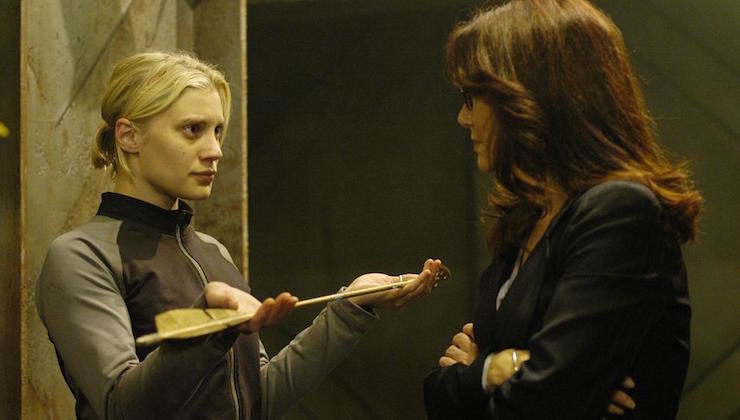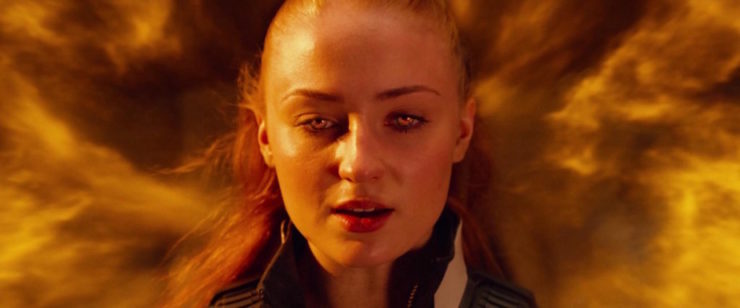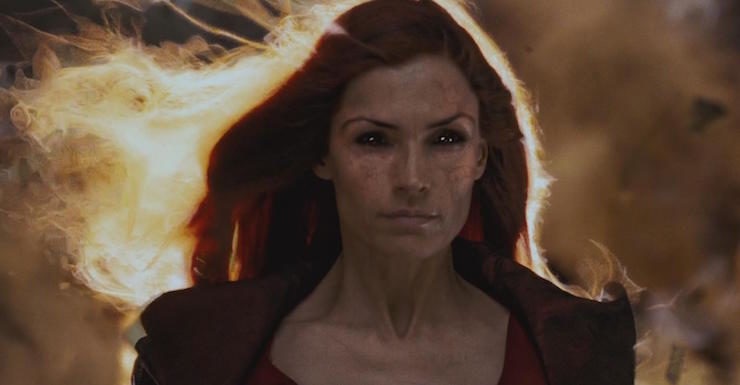Crete is not an island.
Crete is a fleet in space, under attack, housing the last of an under-equipped race of people, all of whom are desperate to survive, all of whom depend on the ability of an exhausted group of pilots to defend them from the vacuum of space and the predators that live there.
Crete is a heavily armed underground bunker in a district that has been erased from textbooks and maps and oral history and a people’s understanding of their nation’s geography.
Crete is a damaged shuttle, aswim with radiation, a fragile little poison pill attempting to re-enter an atmosphere that will destroy it.
Crete is not an island. Crete is a prison.
And Icarus knows someone who can help him escape.
* * *
There are two kinds of hubris.
(If I’m honest, there are a thousand kinds of hubris, but as far as rhetorical devices go, I think this is a good one.)
There are two kinds of hubris. The first is the kind of hubris that comes from a lifetime of being told that you, you and no one else, you are the smartest and the best. You know how to do things better than anyone else does. You are so smart that you can and should set aside certain ethical considerations in order to pursue your craft. You are so smart that it’s okay for you to shake your fist at the sky. It’s okay for you to imprison a minotaur. It will be fine. Don’t worry. You will be safe from lightning. The gods will forgive you, because you are You, and you are the best.
This hubris and the punishment it receives are narratively balanced. We recognize this movement early in its introduction: some people are so preoccupied with whether or not they can, they don’t stop to think if they should. Those people get eaten by dinosaurs. They get run out of town by villagers with torches and pitchforks. Their creations lay eggs in their brains. There is justice.
This is the hubris of Daedalus. Daedalus the inventor. The creator. The father of all mad scientists.
The father of a hopeful boy.

There is another kind of hubris.
It’s the hubris of trust.
You know the taste of this hubris if you have ever followed someone who thinks themself beyond the reach of the God’s wrath. It’s the hubris of hoping that you will be held faultless, just because you are not the one shaking your fist at the sky. You are not yet a participant; you are passive. You are along for the ride.
And if you happen to push the boundaries a little further than those who pushed them to begin with, well, you cannot be held responsible, can you? After all, it is the nature of man to push a little harder, to reach a little farther. The unsteadiness of the floor you dance on is the fault of the foundation, not the fault of your shoes. And surely not the fault of your feet.
There is an inevitability to this hubris. You are following who you must. You are doing what you must. You have no choice but to indulge in this hubris. It is the only way.
This is the hubris of Kara Thrace. This is the hubris of Katniss Everdeen. This is the hubris of Jean Grey.
This is the hubris of Icarus.
[Note: some spoilers below for the character arcs of Kara Thrace (BSG), Katniss Everdeen (The Hunger Games), and Jean Grey/Dark Phoenix (X-Men)]

The secret to getting off Crete is to pick someone to trust: find a Daedalus, and let them strap wings to your back.
Kara Thrace picks Laura Roslin. She chooses someone to trust, and with that, her fate is decided. She flies to Caprica to retrieve the Arrow of Apollo. She begins her ascent. Every choice she makes after her decision to return to Caprica is another wingbeat—every moment of survival on Caprica, every reckless maneuver as the Pegasus CAG, every extramarital moment she shares with Lee Adama.
Every frenetic wingbeat is inevitable, and she rises higher, higher, highest before she falls.
Hubris.

The secret to getting off Crete is to abandon hope that you will ever be free at all.
Katniss begins making this choice when she is a Theseus, chosen to enter a labyrinth of death as both entertainment and tribute. But after she escapes the labyrinth of the Hunger Games arena, she is still trapped on the dystopian island of the broken nation that controls her every move. Her only hope of escape is District Thirteen—but it is a prison of its own, and once she is there, she comes to understand that her hope was false. She must let go of any hope that escaping the labyrinth means escaping the island. She must divest herself of the notion that she will ever live in a place that isn’t a prison.
Once she manages to rid herself of hope, she can lift her arms for the application of wax and feathers. She can become a tool of propaganda, a tightly controlled figurehead with decorative wings. She can make the hard choices that allow her to further her cause. Once she is through with hope, she can look directly into the sun.
And from there, she can become an executioner. The time comes for her to serve her final purpose, and she is ready. Her wings are firmly attached as she nocks her final arrow, intended for President Snow. She ignores the instructions of her Daedalus. She aims her arrow for Alma Coin’s heart, and she flies grimly sunward.
Hubris.

The secret to getting off Crete is that you won’t get off Crete alive, and you will not be the only one broken by your failure.
Jean Grey’s flight is great and terrible. She flies into the sun of Phoenix Force power with an inevitable kind of abandon; her upward spiral is defined by necessity and sacrifice. To save a shuttle full of her comrades, she sacrifices herself, becoming a husk and a host for the Phoenix Force. But her sacrifice isn’t a clean one, and the power that fills her duplicate form is tainted by evil.
Her uncontrollable fall begins. In the end, her plummet to the sea consumes a star. An entire star, destroyed by her descent. A sun, blotted out by her wingtips.
Tragedy on two unfathomable scales. Jean Grey, the Dark Phoenix, undoes an entire star system’s worth of lives. Daedalus, the hope-filled father, must watch his son die before that son ever tastes freedom.
Loss beyond measure.
Hubris.
* * *
The one who flies too high, we know, will fall. If she beats her wings, she will wind up in the sea. But she is trapped. She is trapped on an island that is not an island.
And the sky is so wide, and the sun is so far away. The sky is so wide, and Daedalus says that it will be alright. The sky is so wide, and the wings are right there.
There are two kinds of hubris.
There are two kinds of hope.
And the sky is so wide.
If she could only fly.
 Hugo and Campbell award finalist Sarah Gailey is an internationally-published writer of fiction and nonfiction. Her work has recently appeared in Mashable, the Boston Globe, and Fireside Fiction. She is a regular contributor for Tor.com and Barnes & Noble. You can find links to her work here. She tweets @gaileyfrey. Her debut novella, River of Teeth, is now available from Tor.com.
Hugo and Campbell award finalist Sarah Gailey is an internationally-published writer of fiction and nonfiction. Her work has recently appeared in Mashable, the Boston Globe, and Fireside Fiction. She is a regular contributor for Tor.com and Barnes & Noble. You can find links to her work here. She tweets @gaileyfrey. Her debut novella, River of Teeth, is now available from Tor.com.











All things considered, Kara Thrace was more Oedipal self annihilation than Icarian exuberance.
If her visions had the same psychological effect as Boomer’s, her suicidal impulses were as rewarded as Boomer’s, and her skills were as preternaturally gifted as Boomer’s: we should not assume that she was a Cylon acting on the presumption of being human.
That was the conclusion I got when Kara saw her own corpse.